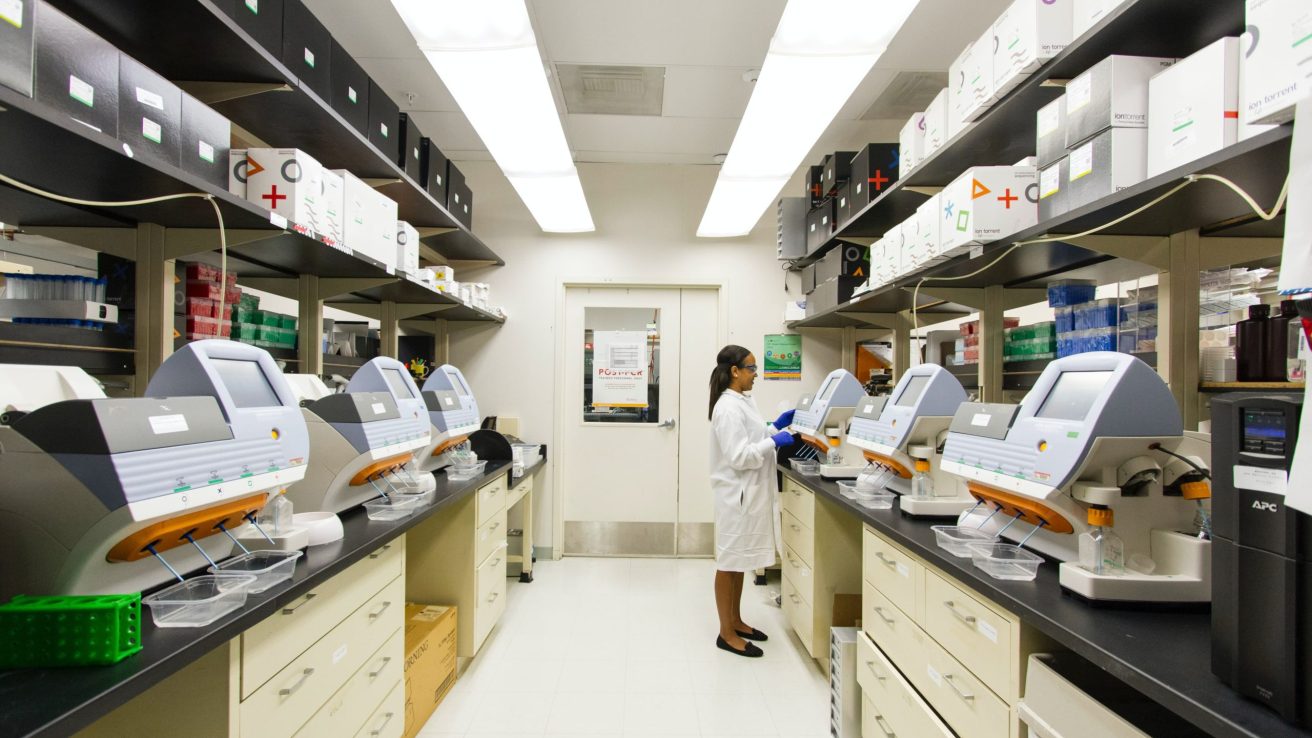A research study led by Dr. Paolo Nuciforo at the Vall d’Hebron Institute of Oncology, Molecular Oncology in Barcelona, Spain, supports using pathologic complete response (pCR) to guide early-stage HER2+ breast cancer treatment.
The study, known as the NeoALTTO, BIG 1-06 trial, was a multi-center, open-label, randomized phase 3 clinical trial studying early-stage, HER2+ breast cancer. It found that women treated with combination, neoadjuvant trastuzumab, lapatinib and paclitaxel who had a pCR had better long-term event-free survival (EFS) (Hazard ratio (HR): 0.48; 95% CI: 0.31 to 0.73; p = 0.0008) and overall survival (OS) (HR: 0.37; 95% CI: 0.20 to 0.63; p = 0.0004) than women who did not have a pCR.
They also had a lower risk of cancer recurrence. The association between pCR and better survival was strongest in women who had HER2+, hormone-receptor- breast cancer (EFS: HR: 0.43; 95% CI: 0.25 to 0.73; p = 0.002 | OS: HR: 0.33; 95% CI: 0.15 to 0.66; p = 0.002) and those who were treated with combination neoadjuvant therapy as opposed to monotherapy (EFS: HR: 0.35; 95% CI: 0.16 to 0.71; p = 0.004 | OS: HR: 0.22; 95% CI: 0.07 to 0.58; p = 0.002).
A total of 455 female patients with early-stage HER2+ breast cancer participated in the study. The patients were randomly assigned to receive neoadjuvant trastuzumab or lapatinib alone, or in combination, for six weeks, followed by neoadjuvant paclitaxel for twelve weeks. Upon completion of the eighteen weeks of treatment, surgery was performed, and pCR was assessed.
After surgery, all participants received fluorouracil, epirubicin, and cyclophosphamide for three cycles, followed by thirty-four more weeks of the same targeted therapy regimen they received before surgery. The participants were followed for 6.6 to 9.9 years (median follow-up: 9.7 years).
The drawbacks of combination, neoadjuvant trastuzumab, and lapatinib therapy, and lapatinib monotherapy included more severe adverse events than trastuzumab monotherapy. The most common events were diarrhea, liver problems, and rash.
The study concluded that pCR could serve as a robust, early indicator of long-term survival for women with early-stage HER2+ breast cancer, especially for women with HER2+, hormone receptor – breast cancer. Future implications of pCR-guided treatment include better survival and, potentially, better health-related quality of life, as well as cost savings [1].
Source:
1. Nuciforo, P. (2020, October 2–3). Nine-year survival outcome of neoadjuvant lapatinib with
trastuzumab for HER2-positive breast cancer (NeoALTTO, BIG 1-06): final analysis of a
multicentre, open-label, phase 3 randomized clinical trial [Paper session]. 12th European Breast Cancer Conference, Virtual Conference. https://www.ejcancer.com/article/S0959-8049(20)30560-8/fulltext










